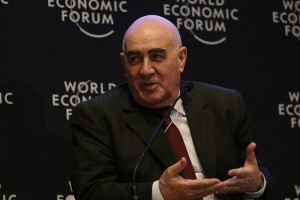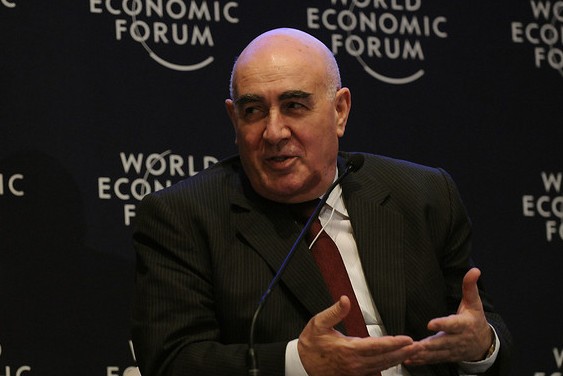 The government has come under the criticism of the head of the largest bank in the country and one of the most senior banking figures in the region for its lack of investment to boost the economy. The CEO of the National Bank of Kuwait (NBK) believes that the government is not doing enough to develop infrastructures.
The government has come under the criticism of the head of the largest bank in the country and one of the most senior banking figures in the region for its lack of investment to boost the economy. The CEO of the National Bank of Kuwait (NBK) believes that the government is not doing enough to develop infrastructures.
CEO Ibrahim Dabdoub said that the “government spending continues to be insufficient and the tendering of new projects has significantly lagged leading to a stagnant stock market performance and dormancy in economic activity.” He suggested progress in Kuwait’s operating environment “now depends on developing a more dynamic fiscal policy, most importantly accelerating spending on mega projects”. He concluded by hoping that “this will materialize in the near future considering recent directions from the highest authority and the proposed measures to boost economic activity and spur growth.”
The country has been experiencing political tensions which could trace their roots back to a long-running power battle between an elected parliament and a government dominated by the ruling family. Such a political climate has blocked important and major economic reforms and development plans such as a $108 billion economic development plan and this year’s phase of the project was rejected by opposition deputies in April. The plan comprises of a new airport terminal, new oil refinery and hospitals, and is aimed at diversifying the economy and attracting foreign investment.
Last month, Kuwait’s ruler called for “serious and effective steps” to strengthen the economy, according to a report of his comments from the finance minister. He dissolved parliament earlier this week, its sixth dissolution since 2006, opening the way to a parliamentary election before the end of the year.
Kuwait needs government’s investment
